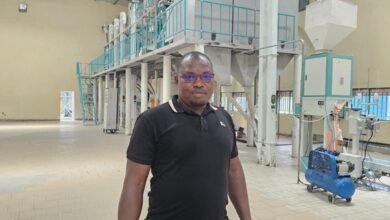Urban transport : Africa facing the challenge of green and inclusive mobility
A study by the Institute for Transportation and Development Policy (ITDP), published in November 2024, proposes four scenarios to transform urban mobility in Africa. Its report advocates for a combination of electrification and investments in public and active transport. The goal: to reduce emissions, ease city congestion, and improve access to sustainable mobility.

As African cities continue to grow at an unprecedented rate, the issue of mobility becomes central to their future. Titled Sustainable Cities Through Transport: Optimising Urban Investments in Africa, the study by ITDP, released in November 2024, deeply explores the investment choices needed to guarantee a sustainable transformation of urban transport across the continent.
The report identifies four possible trajectories. The status quo, where current trends continue, risks worsening congestion and pollution problems. The option of isolated electrification would improve environmental impact but would not address structural challenges. The focus on public transport and active mobility alone would enhance accessibility but limit emission reductions. Therefore, the ITDP considers the combination of these last two approaches to be the most relevant.
An integrated vision of transport — combining technological innovation, collective infrastructure, and sustainable urban planning — represents not only an ecological solution but also an economically advantageous one
This combined scenario would enable a massive reduction of CO₂ emissions, estimated at 5.078 million metric tons by 2050, while reducing infrastructure investment costs by $2.14 billion. These results demonstrate that an integrated transport vision — blending technological innovation, collective infrastructure, and sustainable urban planning — is not only an ecological solution but also economically beneficial.
The report stresses the urgency of massive investments in rapid transit systems, electric buses, secure bike lanes, and well-designed pedestrian networks. In some cities like Kigali or Lagos, these policies have already begun. But to make this a true paradigm shift at the continental scale, governments will need to adopt coherent urban planning, leverage digital technologies, and involve local communities in decision-making.
The urban Africa of tomorrow will be shaped by today’s choices. Seizing this opportunity means enabling millions of city dwellers to access mobility that is smoother, greener, and fairer.
To read the full study : https://africa.itdp.org/publication/sustainable-cities-through-transport-optimising-urban-investments-in-africa






